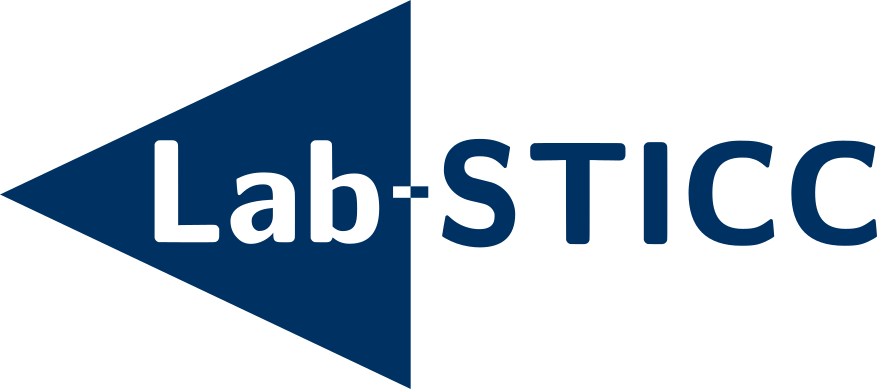An Information-Spectrum Approach to Distributed Hypothesis Testing for General Sources
Résumé
This paper investigates Distributed Hypothesis testing (DHT), in which a source X is encoded given that side information Y is available at the decoder only. Based on the received coded data, the receiver aims to decide on the two hypotheses H0 or H1 related to the joint distribution of X and Y. While most existing contributions in the literature on DHT consider i.i.d. assumptions, this paper assumes more generic, non-i.i.d., non-stationary, and non-ergodic sources models. It relies on information-spectrum tools to provide general formulas on the achievable Type-II error exponent under a constraint on the Type-I error. The achievability proof is based on a quantize-and-binning scheme. It is shown that with the quantize-and-binning approach, the error exponent boils down to a trade-off between a binning error and a decision error, as already observed for the i.i.d. sources. The last part of the paper provides error exponents for particular source models, e.g., Gaussian, stationary, and ergodic models.
Domaines
Sciences de l'ingénieur [physics]| Origine | Fichiers produits par l'(les) auteur(s) |
|---|

